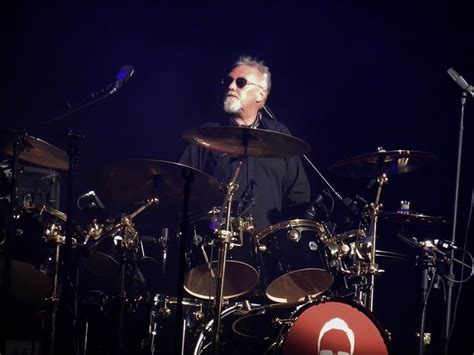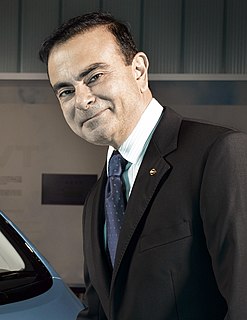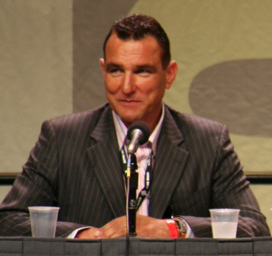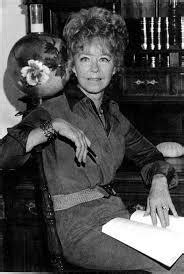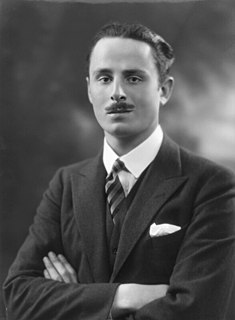A Quote by Martin McDonagh
It's the periods and the commas that you have to forget about. The words never change, but the intonations change.
Related Quotes
Words don't change their shape, they change their meaning, their function...They don't have a meaning of their own any more, they refer to other words that you don't know, that you've never read or heard...you've never seen their shape, but you feel...you suspect...they correspond to...an empty space inside you...or in the universe.
I was neurotic for years. I was anxious and depressed and selfish. Everyone kept telling me to change. I resented them and I agreed with them, and I wanted to change, but simply couldn't, no matter how hard I tried. Then one day someone said to me, Don't change. I love you just as you are. Those words were music to my ears: Don't change, Don't change. Don't change . . . I love you as you are. I relaxed. I came alive. And suddenly I changed!
I'm not a musical theatre person, and I never will be, especially after seeing the way it operates. It's so incredibly inefficient. It takes three weeks to effect a change. It can be a lighting change, a script change, a musical change - you have to meet with six different departments, and about a month later, it may happen.
You see, I know change
I see change
I embody change
All we do is change
Yeah, I know change
We are born to change
We sometimes regard it as a metaphor
That reflects the way things ought to be
In fact change takes time
It exceeds expectations
It requires both now and then
See, although the players change
The song remains the same
And the truth is...
You gotta have the balls to change











